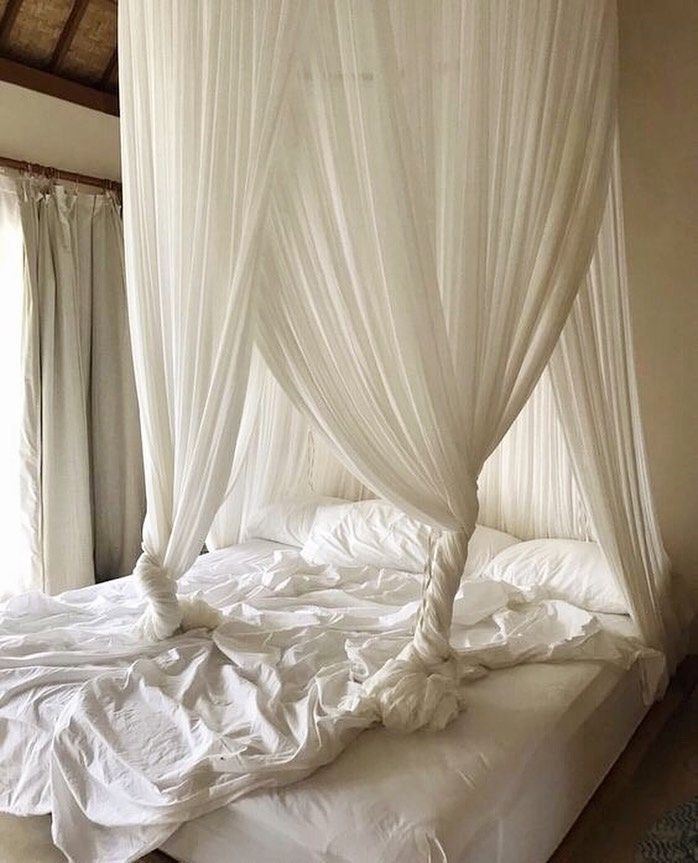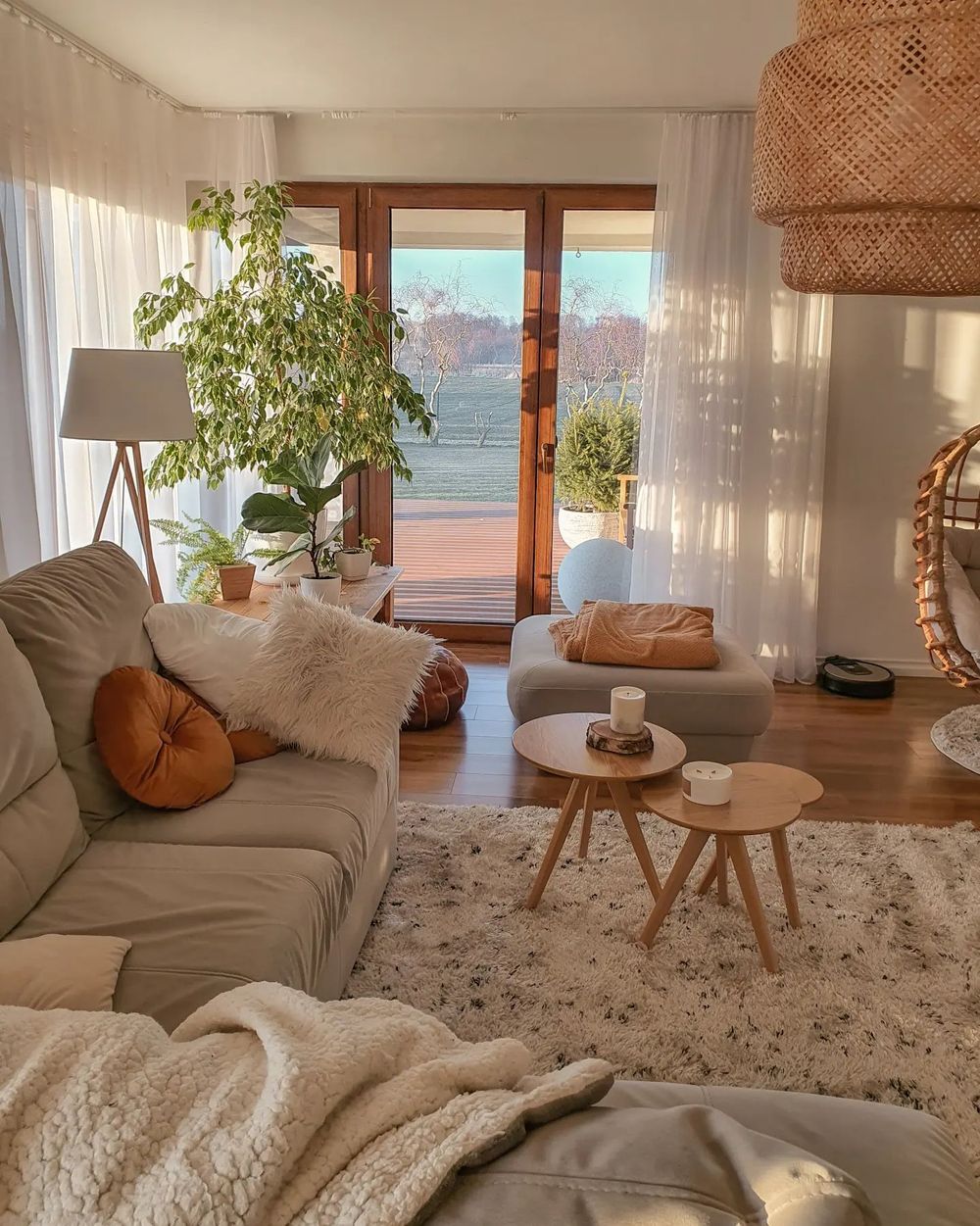Sleep is important for our mental and physical health, but sometimes it can be hard to get a good night’s sleep at home. If you find your energy levels dropping throughout the day, it might be because you aren’t getting proper sleep. Many factors can affect our sleep including stress levels, anxiety, and workload.
Here are several ways to sleep better at home:
1. Establish a sleep schedule. Going to bed at night and waking up at the same time each morning can help you sleep better. Keep a regular sleep schedule, and stick to it even on weekends!
2. Create a sleep-friendly environment. Make sure your bedroom is adequately dark, very quiet, and the temperature is cool. You can try using blackout curtains on the windows or wearing an eye mask overnight to block out excess light.
3. Get some exercise during the day. Exercise can help you sleep better at night. A good way to get some exercise is to take a brisk walk in the evening.
4. Don’t watch television or use electronic devices in bed. These can stimulate the mind and make it harder to sleep.
5. Try a relaxation technique before bedtime. This can help you clear your mind and prepare for sleep.
6. Avoid eating large meals right before bedtime. Eating a big meal can cause indigestion and make it hard to fall asleep.
7. Establish a bedtime routine. An evening bedtime routine can help you wind down and prepare for sleep. Your daily bedtime routine can include taking a warm bubble bath, reading a calm book, or doing some light stretching.
8. Keep a sleep diary. This can help you identify patterns or sleep habits that may be affecting your sleep.
9. Avoid caffeine in the evening. Caffeine can stay in your system for several hours and make it difficult to sleep. Avoid coffee after 2 PM.
10. Avoid alcohol before bedtime. Although alcohol may make you feel drowsy, it can actually disrupt sleep later in the night.
11. Make sure your sleep environment is comfortable and dark. Too much light or noise can make it difficult to sleep.
12. Keep a cool room temperature. A cold, but comfortable room can help you sleep better.
13. Use earplugs or a white noise machine if you’re disturbed by noise at night. These earplugs have been upgraded to block out as much noise as possible. This white noise machine can help you sleep by creating a sound barrier.
14. Use comfortable sheets and pillows. Soft sheets and comfortable pillows can make it easier to sleep.
15. Stretch or do relaxation exercises before bedtime. This can help you sleep better by relieving muscle tension.
16. Take a hot bath or shower before bedtime. This can help you sleep better by relaxing your muscles and preparing your body for sleep.
17. Invest in a quality mattress. A good mattress can make a big difference in your sleep quality. Choose one of these trusted mattress brands when shopping.
18. Limit naps during the day. Napping during the day can make it harder to sleep at night.
19. Practice a relaxation technique such as yoga or meditation. This can help you sleep better by promoting relaxation.
20. Listen to calming music before bedtime. Listening to calming music can help you sleep better by encouraging relaxation in the mind.
21. Avoid working or doing other activities in bed. This can confuse the mind and make it harder to train yourself to sleep while in bed.
22. Get up and move around if you can’t sleep. Sometimes it helps to get up and move around for a few minutes before trying to sleep again. So, if you can’t sleep, get up and do something else in low light until you feel sleepy.
23. Try not to worry about sleep. Worrying about sleep can make it harder to sleep. Accept that you may not sleep well every night and focus on getting the best sleep you can.
Lastly, don’t be afraid to seek professional help if you’re still having trouble sleeping. If you’ve tried these tips and you’re still not sleeping well, talk to your doctor or a sleep specialist. They can help you identify other sleep disorders and develop a treatment plan.




